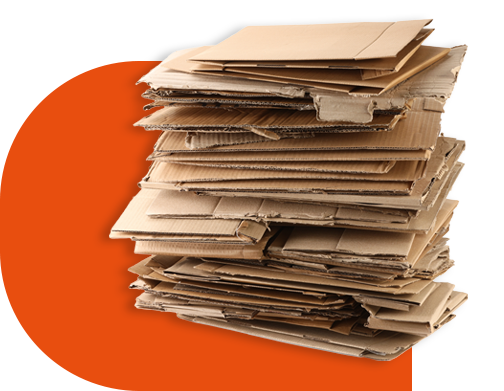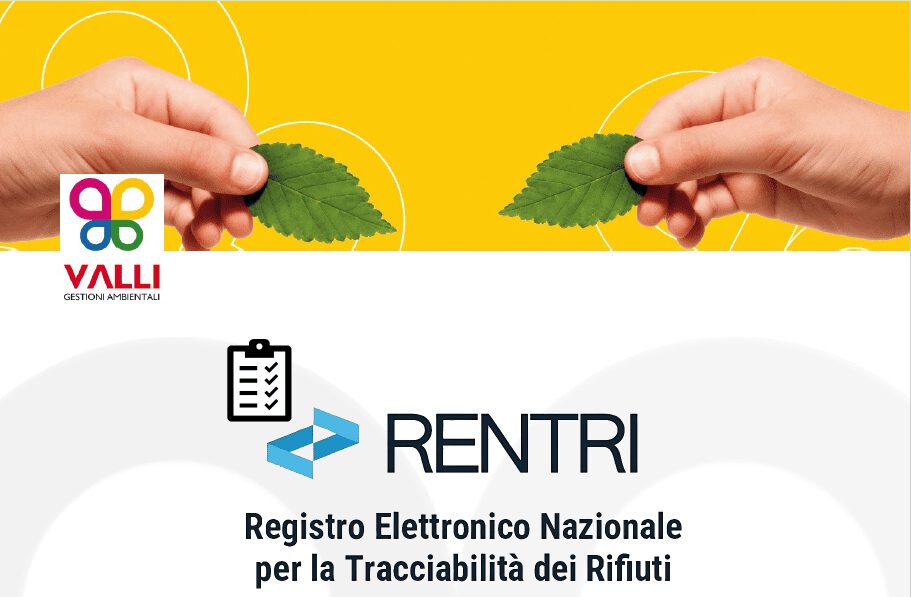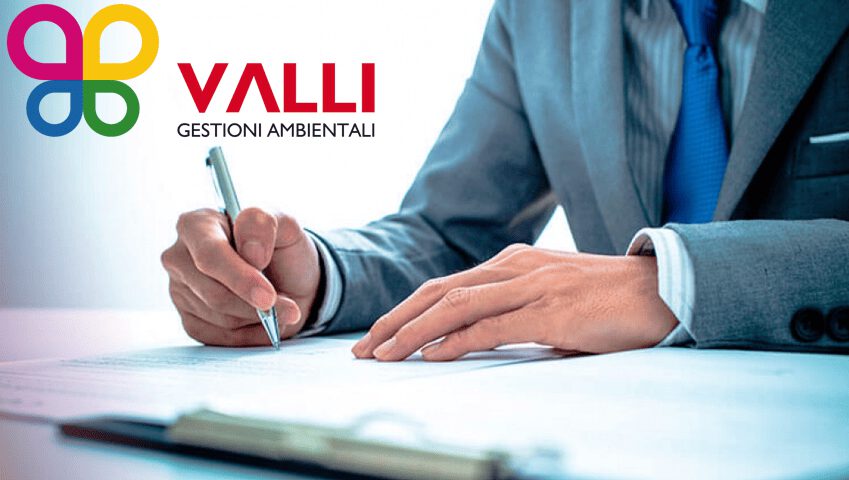Paper

Recovery of paper and cardboard for companies
The recycling of paper and cardboard is one of the most widespread practices, but the technical and regulatory aspects related to recovery and large-scale disposal are often underestimated. Valli Gestioni Ambientali has been offering advanced solutions for the management of these materials for years, guaranteeing: operational efficiency, regulatory compliance and environmental sustainability.
The paper cycle: from pulping to new production
As paper and cardboard, along with plastic, account for a significant share of packaging waste, it is useful to understand their life cycle:
- collection and sending to pulp: once their function is exhausted, paper and cardboard are collected separately and sent to treatment plants;
- control and washing: waste paper is pulped, screened to remove contaminants, washed, de-inked and bleached (if intended for graphic uses);
- fiber treatment: the recovered fibers are mixed with virgin raw material and processed in the paper machine, where the mixture is dehydrated, dried and pressed;
- storage and shipping: the finished product is rolled into reels, stored and shipped to paper mills or other plants for further processing;
- production of recycled paper: the recovered cellulose returns to be a raw material for a new production cycle.
At Valli Gestioni Ambientali‘s plants, paper and cardboard are safely stored and destined for paper mills or other specialized plants for more specific treatments.
Regulations and compliance for the recovery of paper and cardboard
Italian and European regulations impose strict standards for the treatment of paper waste. Companies must adopt procedures that respect the environment and promote the circular economy. A fundamental regulatory reference is Ministerial Decree no. 188 of 22 September 2020, which came into force on 24 February 2021, which regulates the End of Waste status for paper and cardboard, pursuant to art. 184-ter of Legislative Decree 152/2006.
The decree establishes the specific criteria so that recovered paper and cardboard can be considered End of Waste (EoW), i.e. no longer waste, but reusable materials. These criteria ensure that:
- the paper and cardboard are intended for specific purposes;
- there is a market or actual demand for such materials;
- the materials meet the technical and environmental requirements;
- their use does not have negative impacts on human health or the environment.
To obtain the qualification of End of Waste, it is necessary to comply with:
- the UNI EN 643 standard, which defines the technical specifications for the classification of waste paper;
- the adoption of a Quality Management System compliant with the UNI EN ISO 9001 standard, certified by an accredited body;
- the declaration of conformity and traceability of the samples, as required by art. 5 of the decree;
- the updating of authorizations by the plants within 180 days of the entry into force of the decree, as indicated in art. 7.
The decree also provides for a sample control system by ISPRA or the territorially competent ARPA, to verify the compliance of the plants with the required conditions.
Ministerial Decree 188/2020 represents a decisive step towards a more efficient and sustainable management of paper waste, promoting the marketing of recovered material, regulatory transparency for companies in the sector and the integration of circular economy principles in the paper supply chain.
Professional services for paper and packaging recovery
Adopting responsible recycling, recovery and disposal practices is not only an ecological choice, but a winning business strategy, which enhances waste materials by transforming them into precious resources. Recycling paper and cardboard supports the circular economy, transforms waste into valuable resources and reinforces the company’s commitment to sustainability. Companies that invest in recycling actively contribute to protecting the environment and building a more sustainable future.
Relying on Valli Gestioni Ambientali means choosing an experienced and reliable partner in the management of paper waste. Our services guarantee: regulatory compliance with Italian and European laws on recycling, optimization of recovery and disposal processes, protection of natural resources and reduction of environmental impact. We offer customized solutions for companies, with complete services for the collection, treatment and recycling of paper and cardboard. Each intervention is designed according to the characteristics of the waste and the customer’s operational needs. In addition, we provide dedicated environmental consultancy, to help companies improve efficiency in waste management and to enhance waste as a resource.
Recycling and recovery as a business strategy
Do you have waste from paper or packaging? Fill out the form, indicating the characteristics of the waste in your possession. We will offer you the service that best suits your needs, ensuring: regulatory compliance, operational efficiency and environmental enhancement.



